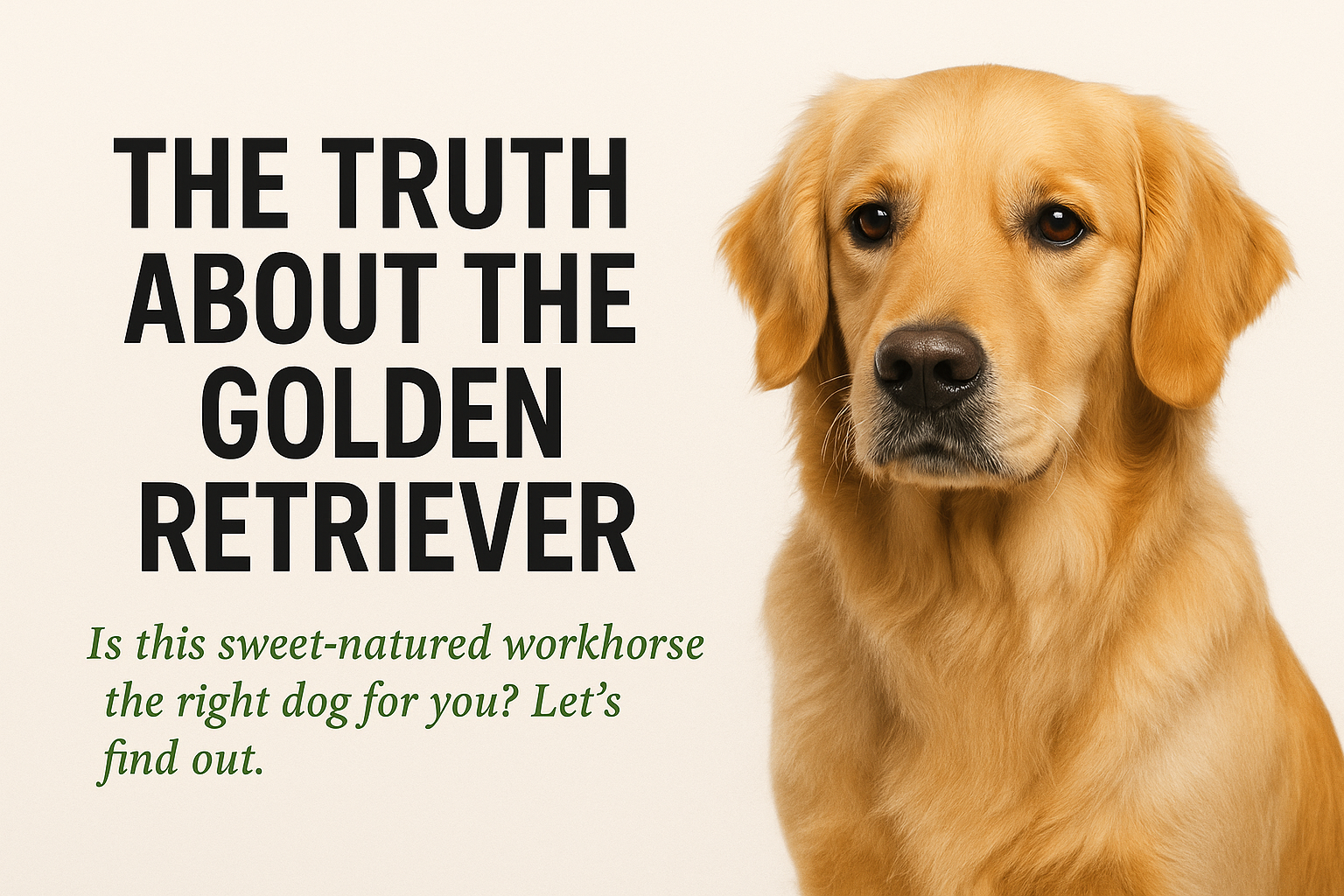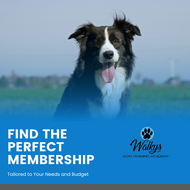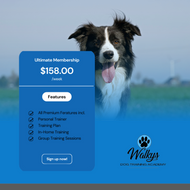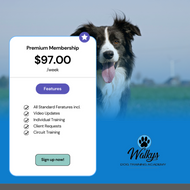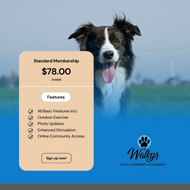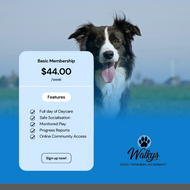August 14, 2025
The Truth About the Golden Retriever
Ah, the Golden Retriever. The sweetheart of suburbia. The Instagram darling. The “perfect family dog” plastered across Disney movies and backyard photo shoots. But what if I told you that underneath all that fluff and feel-good marketing is a high-drive, emotionally complex, often misunderstood working dog?
Let’s break it down. No fluff (except on the furniture). No fairytales. Just the truth.
Breed Purpose & History
The Golden Retriever was bred in Scotland in the 1800s to retrieve shot birds over land and water. That means they were genetically engineered to work. Hard. For hours. In cold, wet, miserable conditions. They’ve got a mouth like a velvet glove and a brain wired for cooperation and persistence.
Modern Goldens still carry that same DNA — only now they’re dropped into apartment living, left to their own devices while their humans go to work, and expected to be chill and cuddly with zero outlet for all that energy and drive.
Temperament
Goldens are sensitive. Emotionally attuned to their humans. Often soft-natured but not weak — there's a difference. A well-bred Golden will be friendly, social, and eager to please, but that doesn’t mean push-over. They’ll test boundaries like any smart dog. They can be excitable, mouthy, vocal, anxious, and frustratingly persistent when bored.
They’re emotionally open books, which makes them deeply rewarding to train — and just as heartbreaking to mishandle.
Exercise & Stimulation Needs
This isn’t a walk-round-the-block breed. We’re talking 1–2 hours a day of proper mental and physical engagement, minimum. Fetch alone isn’t going to cut it. They need problem solving, scent work, off lead running, water play, and a job to do.
They’re people-focused, so your Golden’s ideal day includes you, structured interaction, enrichment, and boundary based freedom. No backyard boredom allowed.
Training Requirements
Training is non-negotiable. Goldens are smart. Scary smart. They learn fast, both the things you want and the things you don’t.
Early boundaries are crucial. Without them, you’ll end up with a 30kg furry hurricane who thinks counter surfing and ignoring recall are just games. Structure builds confidence. Crate training, place training, impulse control and engagement games should all be daily.
And don’t let the cute face fool you, they can absolutely push your buttons if you let structure slip.
Nutritional Considerations
Goldens are prone to joint issues and skin conditions, so feeding for health is critical. A high-quality diet rich in omega-3s and joint support (think green lipped mussels, glucosamine, chondroitin) is a must.
Overfeeding is a major issue in the breed. Keep them lean. Keep them fit. Their hips and elbows will thank you.
Grooming & Shedding
This is not a wash-and-go dog. They shed. A lot. Daily brushing is your friend if you don’t want hair on every piece of clothing you own. Ears need regular cleaning, coats need seasonal upkeep, and they will bring half the beach home with them if you live near the water.
If you’re not ready to vacuum every second day, this might not be the vibe.
Vet Bills & Health Risks
Goldens, bless their hearts, come with baggage. Hip and elbow dysplasia. Skin allergies. Ear infections. And sadly, cancer is a major concern in the breed, particularly hemangiosarcoma and lymphoma.
Pet insurance is smart. Annual health checks are mandatory. And if you’re buying a pup, health testing on both parents should be non-negotiable.
The Emotional Truth
This breed gives their heart away freely. They live to be part of your world, not just exist beside it. Leave them alone too long or raise them without boundaries and you’ll either break their spirit or create a codependent wreck.
But give them structure, clarity, purpose, and consistent love and you’ll have a dog who’d walk through fire for you.
Bottom Line:
If you’re after a low maintenance Netflix-and-chill companion, this ain’t it.
But if you want a loyal, emotionally intune adventure buddy who thrives with structure and purpose, the Golden Retriever might just be the best decision you’ve ever made.

